Twenty five years ago, an unprecedented 17,000 participants and 30,000 activists, mostly women, streamed into Beijing for the opening of the Fourth World Conference on Women in September 1995.
They were remarkably diverse, coming from around the globe, but they had a single purpose in mind: gender equality and the empowerment of all women, everywhere.
By the time the conference closed, it had produced the Beijing Declaration and Platform for Action, the most progressive blueprint ever for advancing women’s rights. It was uunanimously adopted by 189 countries at the Fourth World Conference on Women in 1995.
As a defining framework for change, the Beijing Platform for Action made comprehensive commitments under 12 critical areas of concern. A quarter of century later, it remains a powerful source of guidance and inspiration.
At the Beijing Conference on Women in 1995, Hillary Rodham Clinton pronounced ‘women’s rights are human rights’ – a catchcry that has shaped approaches to gender equality in the years since. 1995 was a high point in international cooperation to secure commitments in language and intention for women’s rights.
Arguably, we have not seen such an unequivocal statement of support for women and girls since. In no area of women’s participation — in economic or public life — have we achieved what we aspired to in 1995.
This year, the annual United Nations Commission on the Status of Women (CSW) was cancelled due to COVID-19. While a declaration was resolved after intense negotiations, primarily among Member States, the lack of opportunity for widespread, large scale participation by civil society is an unfortunate outcome of this decision.
In the weeks since that meeting was due to proceed, organisations, policy makers and activists around the globe – including the YWCA – have continued to highlight the ongoing issues affecting women and girls.
A snapshot of the life of women and girls globally makes it clear how much work lies ahead.
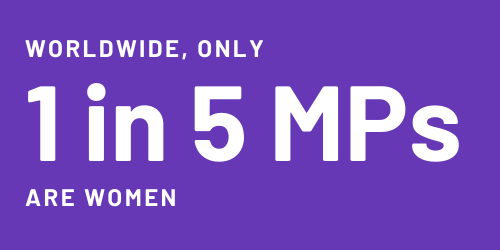
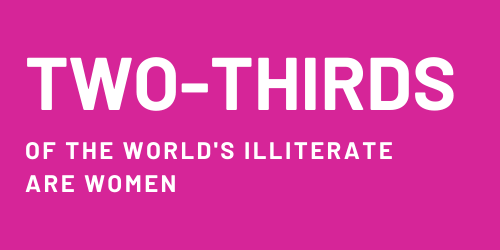
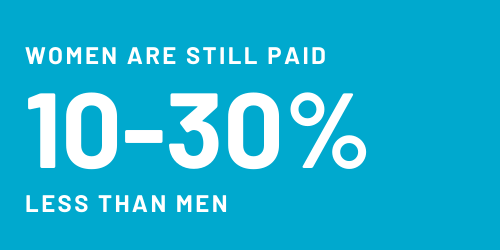
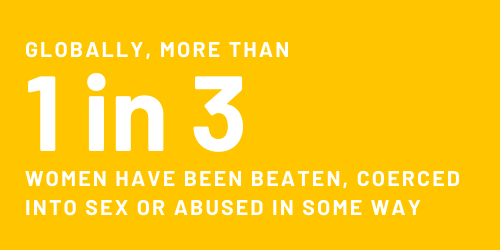
These challenges are magnified in many countries, including in our region.
Australia, of course, is not immune to gendered violence, as we have seen in its most heinous form in recent months, nor have we achieved gender equality – no one country has – and our efforts to achieve this require greater momentum.
Gender inequality is not the same thing for all women.
Racism, colonisation, ableism, homophobia and transphobia: these and other forms of discrimination and disadvantage intersect with gender inequality to affect the nature and experience of gender inequality. So, any approach must be an intersectional one.
I know this is one of the reasons that the YWCA Australia has supported the Women’s Rights Caucus Issues Feminist Declaration Marking 25th Anniversary of the Beijing Declaration and Platform for Action. It is part of ensuring an intersectional and progressive approach to gender equality.
As the Y notes, the Feminist Declaration outlines “a bold and urgent agenda for gender equality and the human rights of all women and girls, and centres the critical role of civil society organisations advocating for accountability in policy and programs meant to promote, protect, and fulfil human rights for all.”
I know that YWCA Australia is a feminist organisation at the forefront of empowering young women. Your work gives us hope for the future, as well as the here and now.
I have been proud to work with you for most of my working life! And it gives me great pleasure to guest edit April’s edition of MISSives and to highlight the work you are doing.
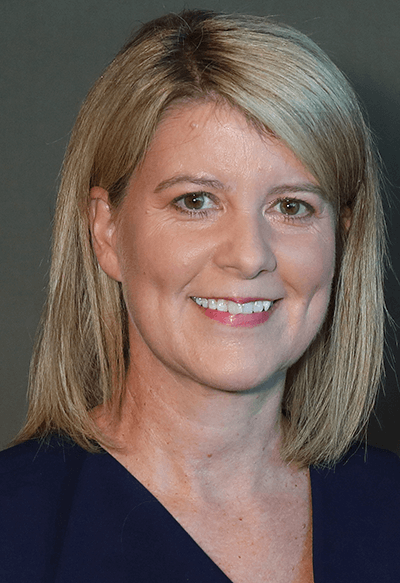
Natasha Stott Despoja
Chair, Our Watch
We’re proud to announce that Natasha Stott Despoja will be guest-editing the April edition of our email newsletter MISSives!
Make sure you’re on the distribution list and sign up today – just scroll down to the ‘Subscribe to our Newsletter’ field at the bottom of this page!




